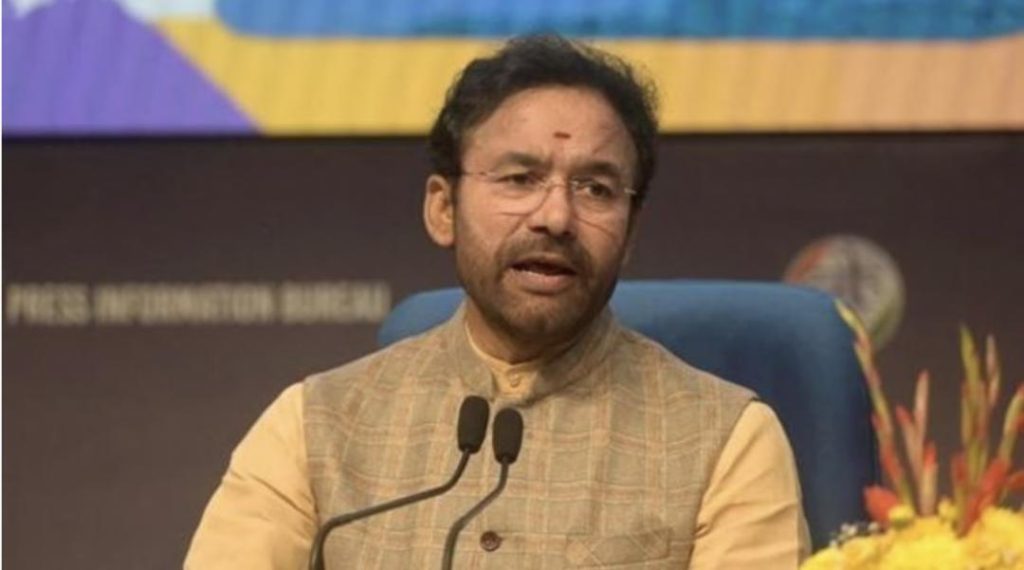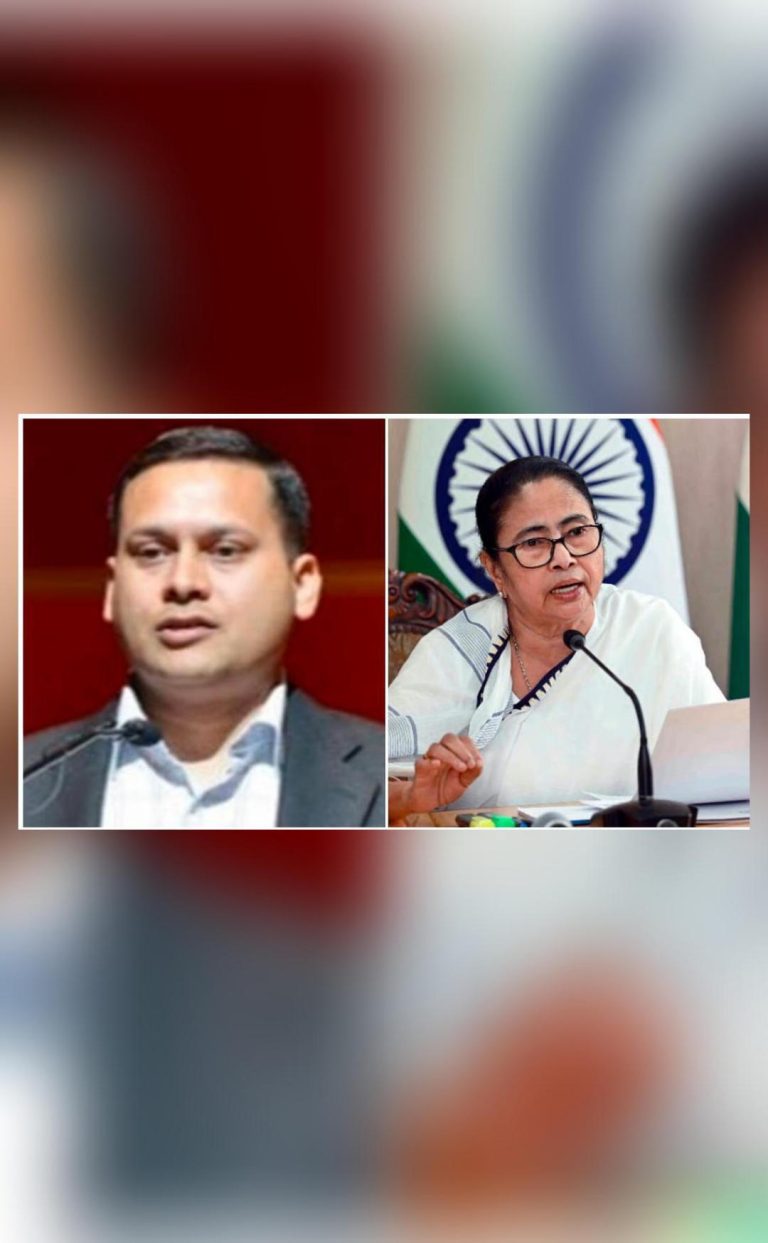
DMK Putting Fresh Make-up on Old Drama: Reddy on Delimitation Row
The political drama in Tamil Nadu has taken a new turn with Union Minister G Kishan Reddy criticizing Chief Minister MK Stalin for his recent comments on the delimitation of parliamentary constituencies. Reddy, who is also the Minister of Tourism, Culture, and Development of Northeastern Region, accused the DMK of opposing the delimitation exercise for political gain, saying they are applying “fresh make-up on an old drama”.
Stalin had earlier accused the NDA government of being “unjust” and “politically motivated” in its decision to delimit parliamentary constituencies in the state. The DMK chief had claimed that the move was aimed at weakening the party’s strongholds and giving an advantage to the ruling AIADMK. However, Reddy has denied these allegations, saying that the delimitation exercise is a constitutional process aimed at ensuring fair representation of people in the parliament.
Reddy’s statement comes at a time when the political temperature in Tamil Nadu is running high, with the state Assembly elections scheduled to take place later this year. The Congress and DMK have been engaged in a fierce battle for political supremacy in the state, and Reddy’s comments are seen as an attempt to gain an upper hand in the political game.
The delimitation exercise, which is conducted every 10 years, is aimed at adjusting the boundaries of parliamentary constituencies to ensure that they reflect the changes in population and demographics. The exercise is carried out by the Delimitation Commission, which is headed by a retired Supreme Court judge.
Reddy’s criticism of Stalin’s comments has sparked a fresh controversy in Tamil Nadu, with the DMK chief terming the Union Minister’s statement as “baseless” and “misleading”. The DMK has been accusing the NDA government of using the delimitation exercise to undermine the party’s strength in the state, and Reddy’s statement has only added fuel to the fire.
The Congress and DMK have been long-time allies, and their partnership has been seen as a major force in Tamil Nadu politics. However, the recent developments have led to a rift between the two parties, with the Congress accusing the DMK of being “selfish” and “power-hungry”.
Reddy’s statement has also sparked a debate on the role of the Delimitation Commission and its jurisdiction. The Commission is responsible for delimiting parliamentary constituencies based on the census data, but its decisions can be challenged in court. The Commission’s decisions are final, but they can be appealed to the Supreme Court.
The delimitation exercise has been a contentious issue in Tamil Nadu politics, with various parties having different views on the matter. The AIADMK, which has been ruling the state, has been supporting the delimitation exercise, while the DMK and Congress have been opposing it.
Reddy’s statement has come at a time when the political landscape in Tamil Nadu is changing rapidly. The state is witnessing a significant shift in voter preferences, with a growing number of young voters turning away from traditional parties and embracing new parties and ideologies.
The delimitation exercise has also sparked concerns about the impact it could have on the state’s electoral map. The exercise could lead to the creation of new parliamentary constituencies, which could alter the political landscape in the state.
In conclusion, the delimitation row in Tamil Nadu is a complex issue that has far-reaching implications for the state’s political landscape. The controversy has sparked a fresh debate on the role of the Delimitation Commission and its jurisdiction, and has also highlighted the deep-seated divisions between the Congress and DMK.
As the state prepares for the Assembly elections, the delimitation row is likely to continue to dominate the political discourse. The outcome of the elections will have a significant impact on the state’s political landscape, and could potentially change the course of the delimitation exercise.






